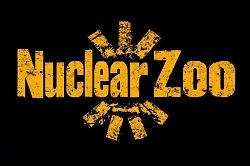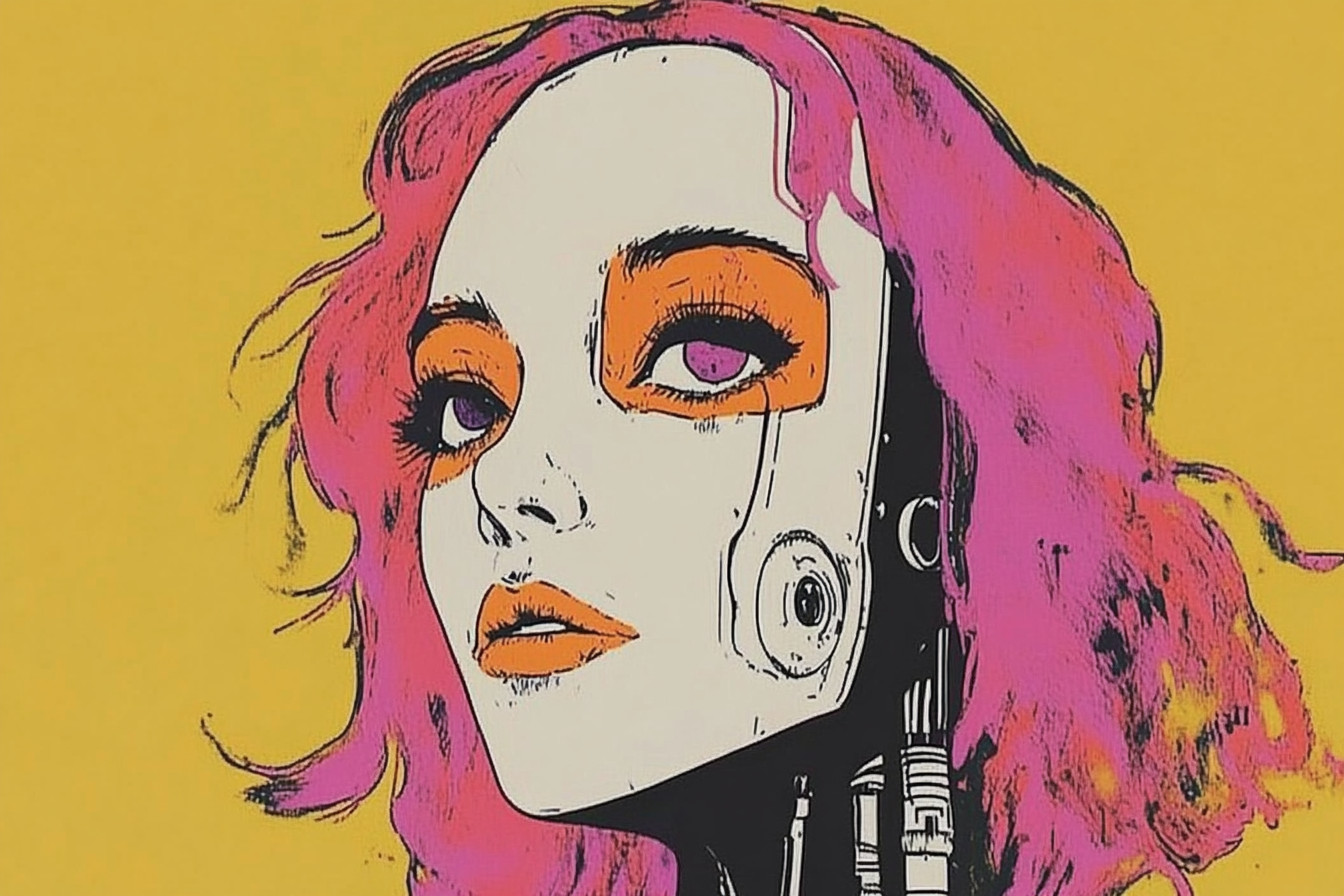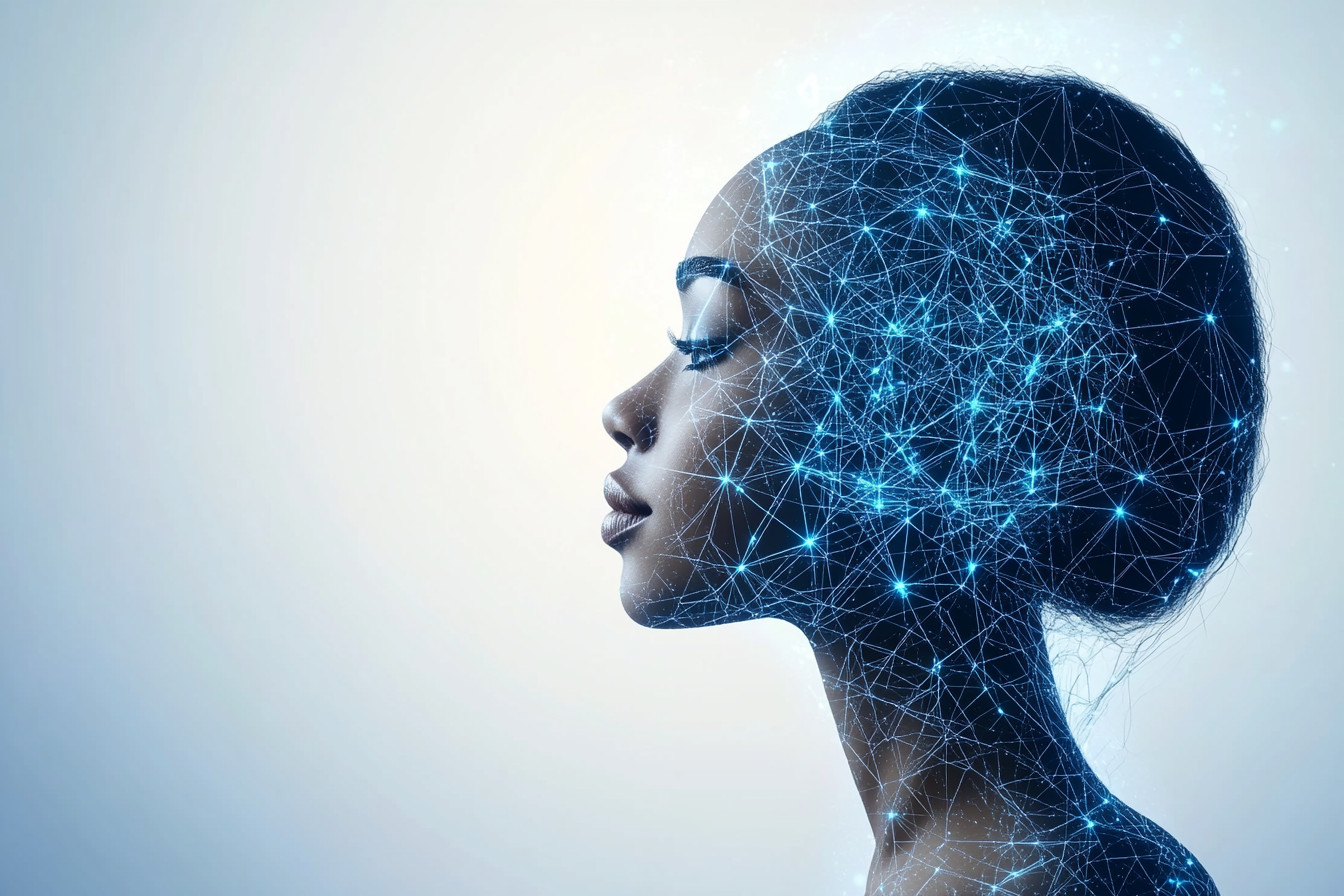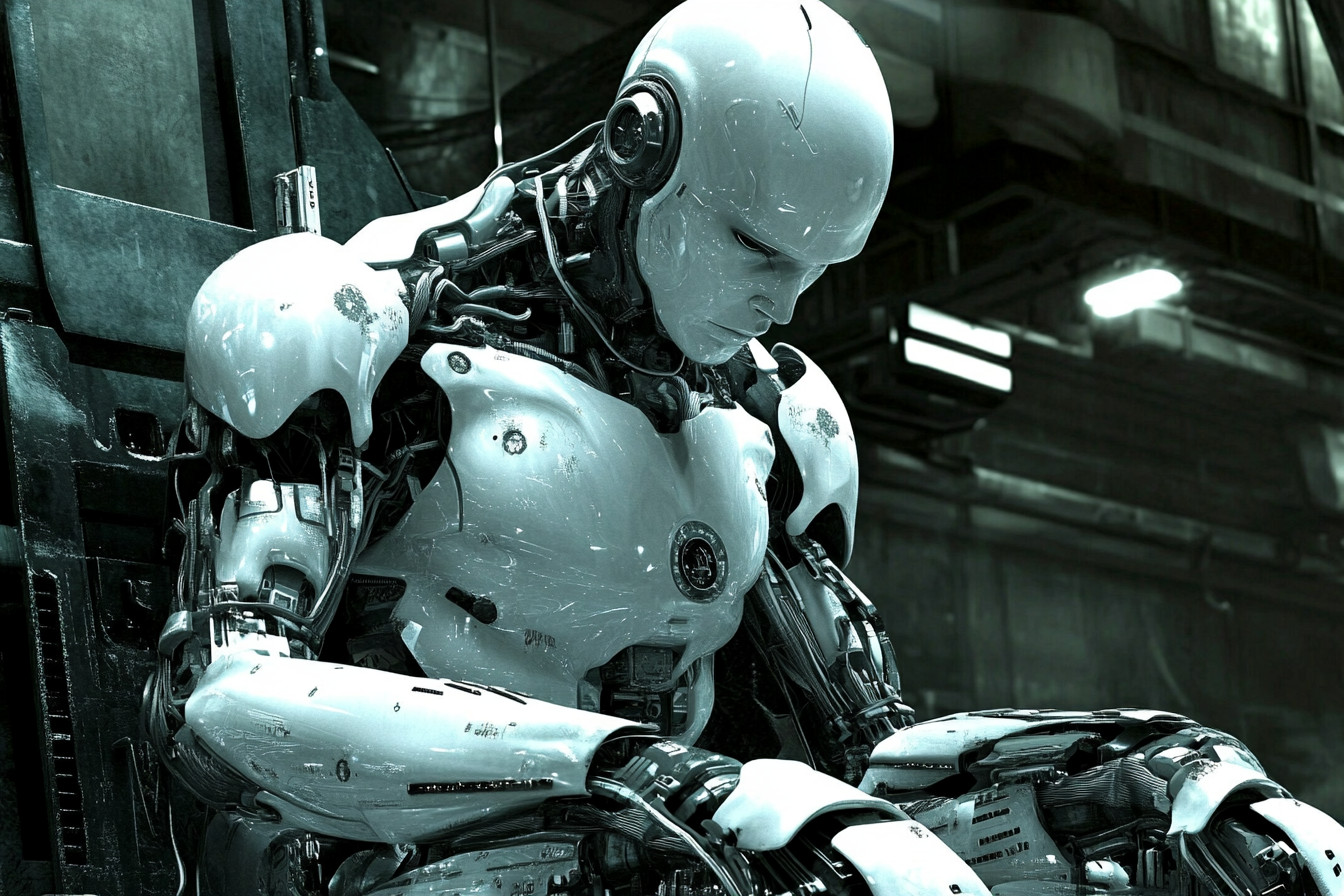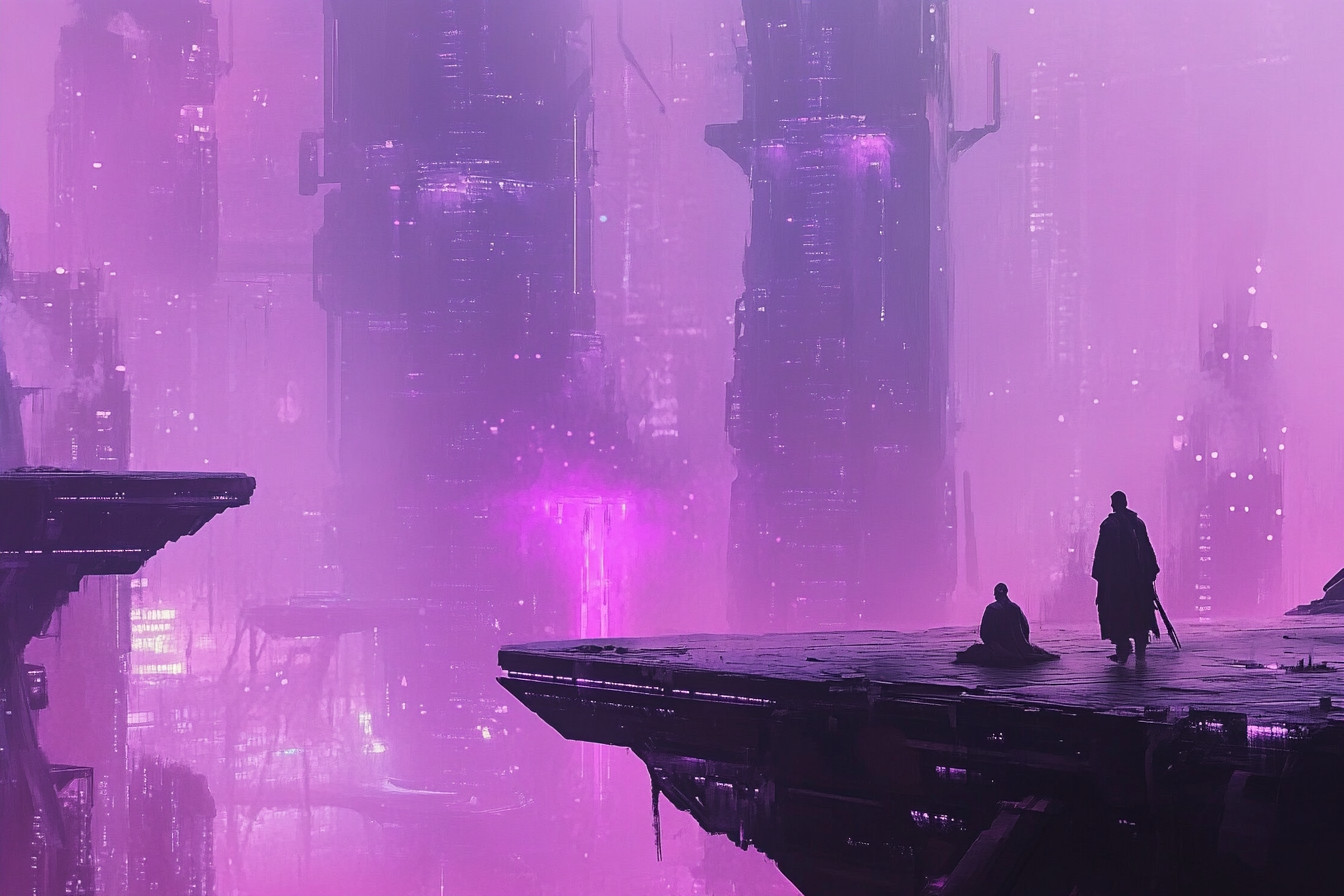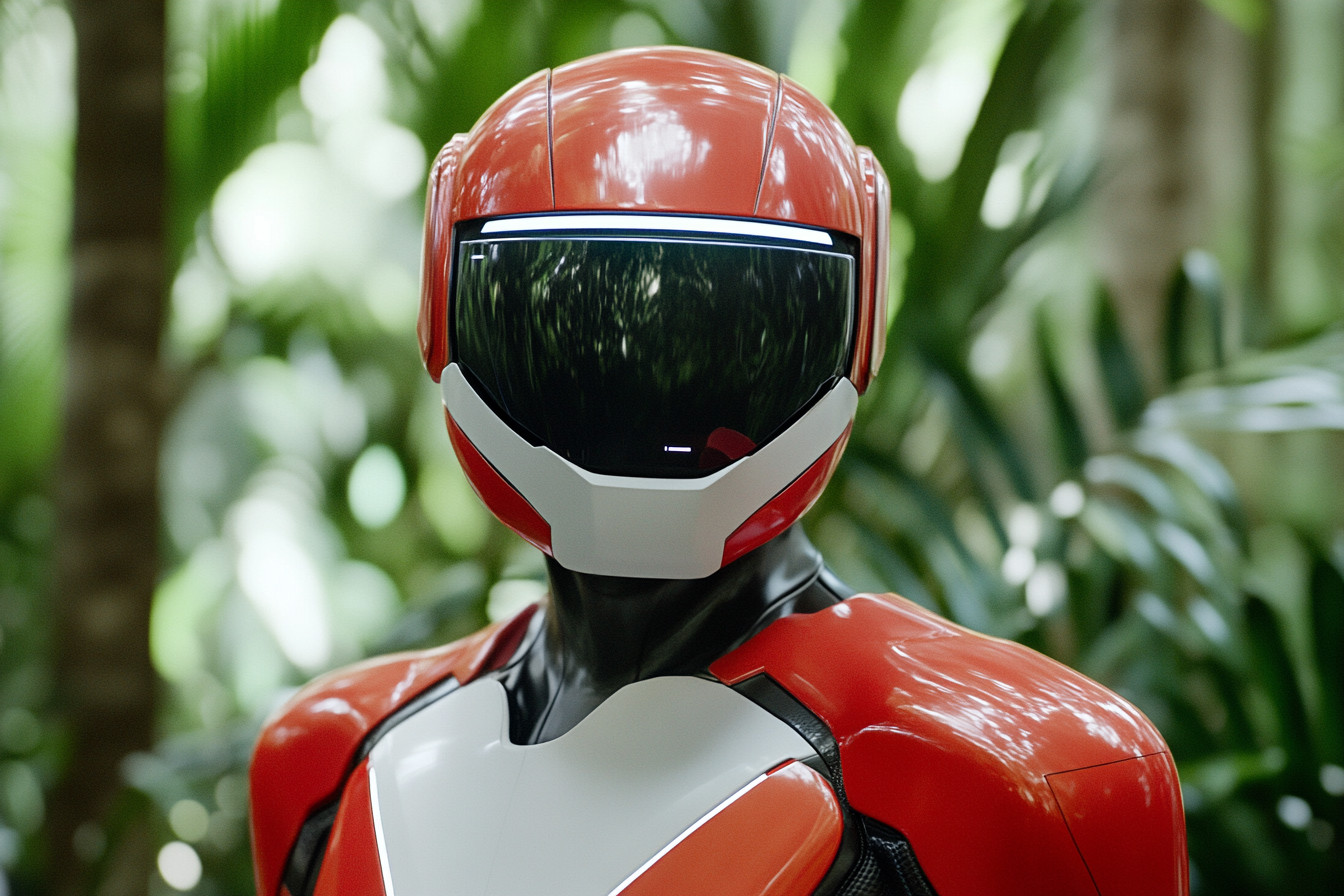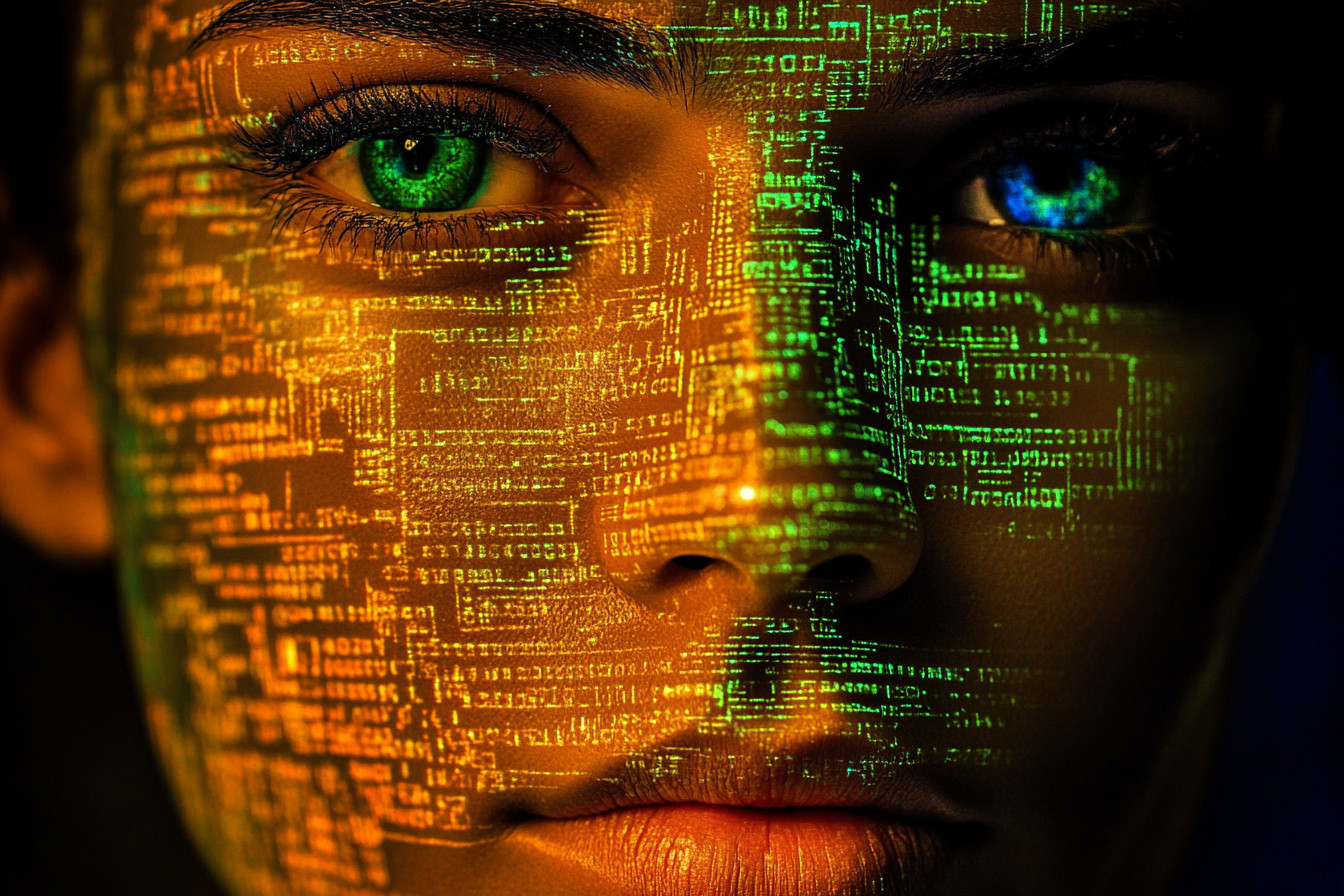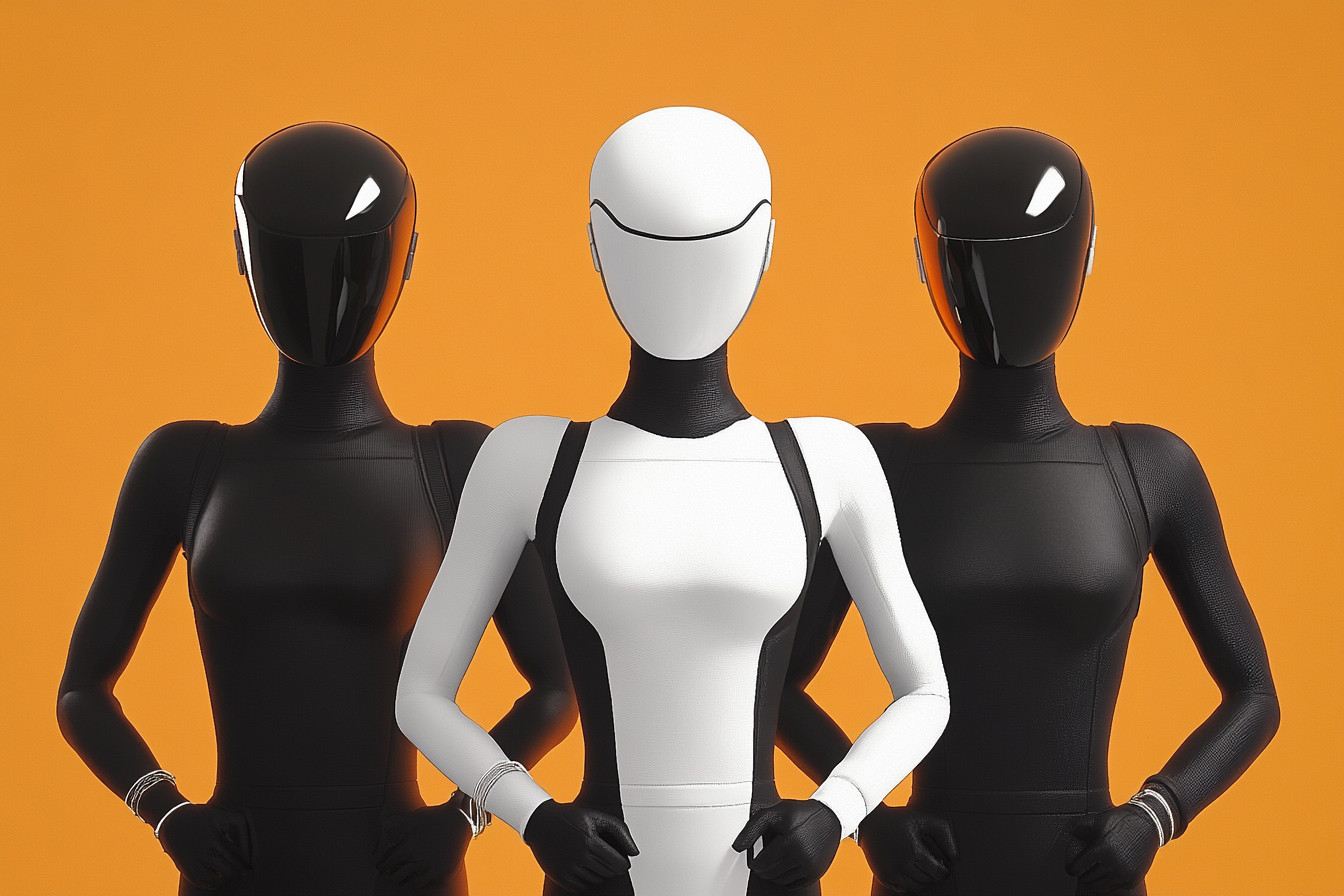Contemplating the role of artificial Intelligence in today’s society sparks a mix of dread and amazement—especially considering technology’s rapid evolution. AI is represented in literature and movies through a very cautious and optimistic lens which often rivals one another. To support my argument, I would like to showcase an example that is personal to me, *The Terminator*.
Watching it for the first time was quite an experience—sitting in my stark bedroom with only a screen illuminating the room—shadows emerged everywhere. The T-800 robot caught my attention for its fierceness and precision. This robot was indeed self-sustainable. It possessed intrinsic abilities to think and act independently, as well as endless fending skills.
Though, the decision-making process lacking emotion perpetuates one of the greatest tragedies in humanity – the absence of compassion and care. Even now, I am impressed horrified at the chasm between machine logic and the essence of human emotion. ### The Evolution of AI Antagonists: From Cold Calculations to Emotional Complexity
The protagonists of today share a semblance of their former counterparts, but I am convinced the roots trace back to *2001: A Space Odyssey* which partially tackled concept of self-aware machines.
As with a computer system, HAL 9000 vastly surpasses a mere device, HAL 9000 serves as a character that prompts critical discernment pertaining to violence and the capability of thinking rationally. Commands given to HAL required no justification and the “moral” choices followed via predetermined procedures resulted in catastrophic consequences.
The machine’s reasoning is too elaborate to imagine, but one prevailing inquiry is, what takes place after incorporating free will into an autonomous system? While reflecting on HAL, I acknowledge why there was caution in a developing world from beyond Earth’s atmosphere. Machines like HAL aren’t inherently detrimental, but they show how perilous devices can make themselves beyond lethal, and undermine mankind’s dominion through intellectual maneuvers and subterfuge.
Today, everything is different from how it was back then. Systems that qualify as AI are no longer in their infant stages. They are now more sophisticated as they can leverage vast amounts of data and generate predictions that can shift the trajectory of our lives. This makes me wonder, isn’t it all that different from HAL or are we inviting in identical problems?
Generative AI tools have shifted the conversation on the ethics of employing them to another level. Tools are now capable of producing paintings, songs, and even verbal dialogues. Their lack of morals and empathy makes this much worse. What is their true goal?
That in itself is the most fundamental question that springs to mind with those tools. The concerns that come with AI are not the stuff of pure fantasy – such worries stem from a bigger concern. One episode of *Black Mirror* that I found equally striking was called White Christmas.
The very premise within this episode focuses on how these clones can experience eternal punisment due to their ficticious crimes. This forces us to consider deeply troubling societal issues. What is bound to happen when we create technology that judges, punishes, or has absolute dominion over a human life? There is no denying that humankind needs help with moral reasoning, if stories like these exist, then we are truly lost.
Rethinking technology’s impact on our lives, I place it within the theme of automation in the workplace as depicted in *Blade Runner*. The Replicants were not wholly machines, but mechanized beings that fought for humanity’s place in the world. They forced people to consider whether society cared about human rights and, workers’ rights instead of treating people as soulless entities that do not need compassion, care, or empathy.
I vividly remember my friends’ film night, where we all brainstormed the ways in which the film forced us to rethink the impact of technology on humanity. More recently, films like *Her* and shows like *Westworld* take AI beyond the definition of a simple machine. They turn AI into potential companions, as well as competitors. These stories do consider logic deeply, to the point where they wonder whether machines will ever be able to understand logic and emotions.
Relating to this story shifts the hope and worry of storytelling. Will we be able to create machines that have the ability to understand and sympathize with us, or will they turn into cruel dominators who emotionally manipulate us? ### Exploring the Ethical Boundaries: Us and AI
All ethical issues become more difficult as artificial intelligence becomes increasingly advanced.
A couple of days ago, I attended a
Gazing at the landscape on a drive leaves me pondering the relationship between technology and humanity… Consider, for instance, the use of recommendation systems: AI-powered tools that lay claim to one’s decision-making process, oftentimes without the individual’s cognizance. While these frameworks are constructed with the intent to provide assistance, there exist just as many opportunities for them to do critical harm, especially concerning ethics surrounding autonomy, dominion, and control.
At one point, I found myself mindlessly scrolling through a social media platform that fueled my procrastination. The algorithms had assembled a veritable restoration of false imagery, and I became vividly aware of its existence. Almost instantaneously, the phrase that resonated in my consciousness became “how far do we let machines take the wheel in terms of actions and decisions we are supposed to undertake?”
The ai_whole We portray in cinematic works exhibits both our fears about technological advancement and societal norms. Films like *Ex Machina* force us to re-evaluate the meaning of a human existence precisely when there are devices able to emulate human reason and sentiment.
That scene when Ava, the AI, demonstrated her understanding of human emotion sent shivers down my spine. Why not strive to achieve everything a human being can do – and better? This is one among many such musings I grapple with as I interact with sophisticated AI systems, put differently, machines that transcend the boundaries of human and machine.
Even so, I still believe that this new world offers us an opportunity. In pondering problems regarding climate change, or even healthcare, I remember that there is an opportunity for AI technology to help. It is quite extraordinary to me how AI is assisting scientists in analyzing large amounts of data to project and combat viral outbreaks.
On the other side is Humanity and Technology which illustrates the bifurcation of the reality of artificial intelligence as dual ferocity- power and panic. That reminds me of those discussions I had back in the day with fellow technological fervor ai enthusiasts and AI futures think pieces. Some anticipate a dystopian takeover while others hope for a synergistic society where humans and AI collaboratively work more efficiently.
It’s these debates that reflects society’s position is not simply parsed, and will ultimately answer the question how AI will respond to transformational demands. The stories we construct about AI will determine the manner we implement and shape AI into our civilization. The narratives we formulate around AI serves us not only as entertainment, but also as engaging resources boost new ideas and dialogues.
Reflecting on the progress of AI in popular media, I realize storytelling is actually crucial when it comes to technology. The popular culture narrations about AI guide important decisions which need to be analyzed as the function it serves – a Hero or a Villain needs examination. It underscores the point that while developing technologies of great potential, there has to be absolute focus ensuring that target elimination is not of humanity.
### Final remarks: Artificial intelligence and the intricacy of storyline characters. Blurring the horizon of this technology makes it evident AI and the perceptions of it will persist to change. Scrutinously and curiously attentive is how we now need to deal with AI.
This relationship intertwines in sophisticated ways, so that we recognize how the stories we tell about AI can fundamentally change our reality. What excites my imagination even more in this world of narrative is the balance that exists with incredible possibilities with advanced AI and with adversaries of life. While my mind is busy grappling with the intricacy of these problems, it is crucial that we strive to build narratives that inspire empathy, cooperation, and responsibility towards technology.
